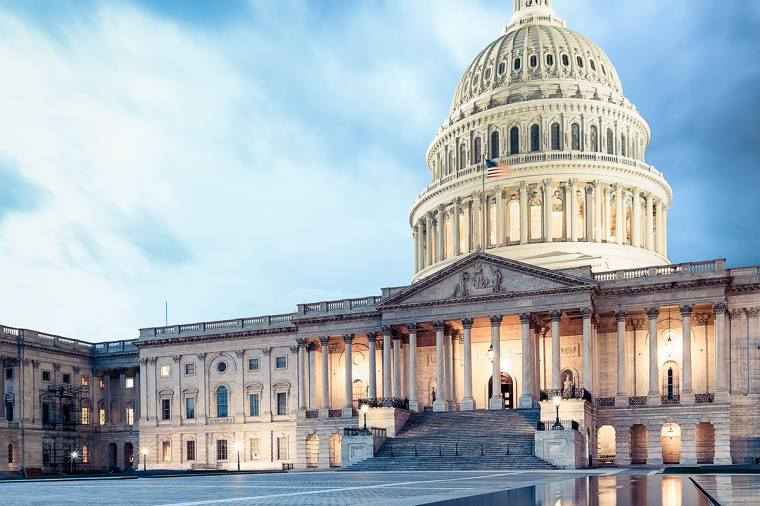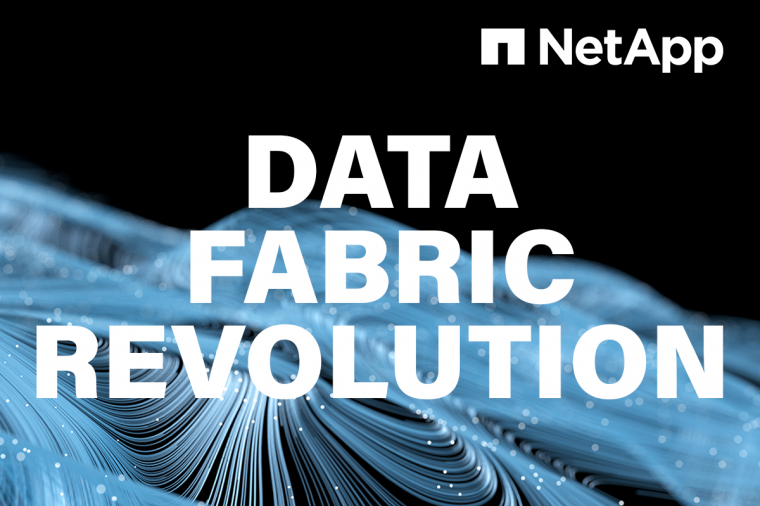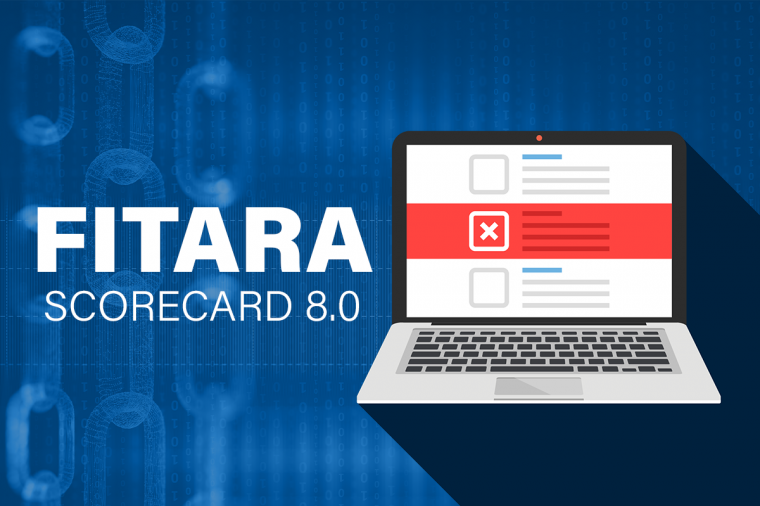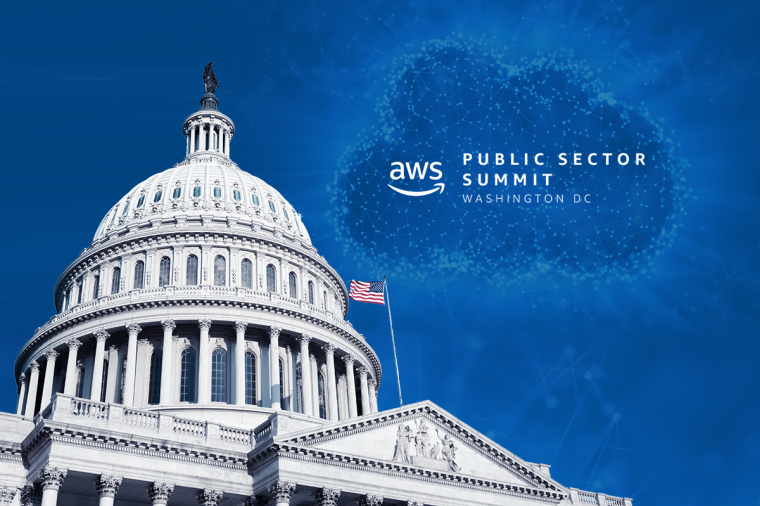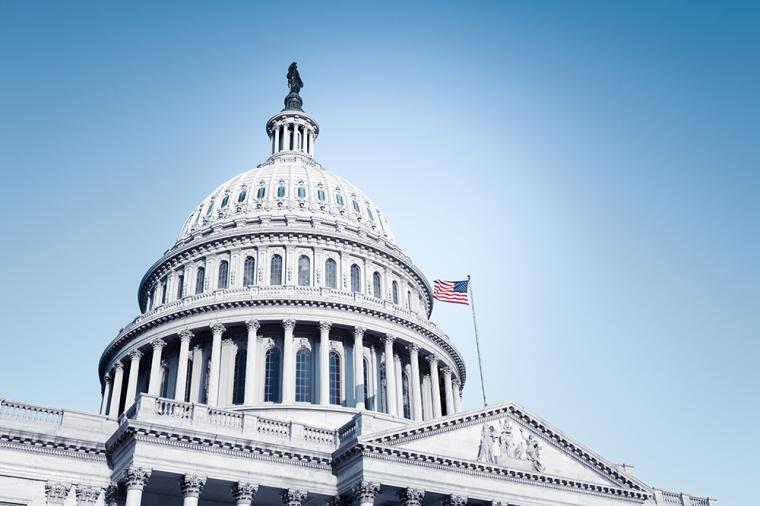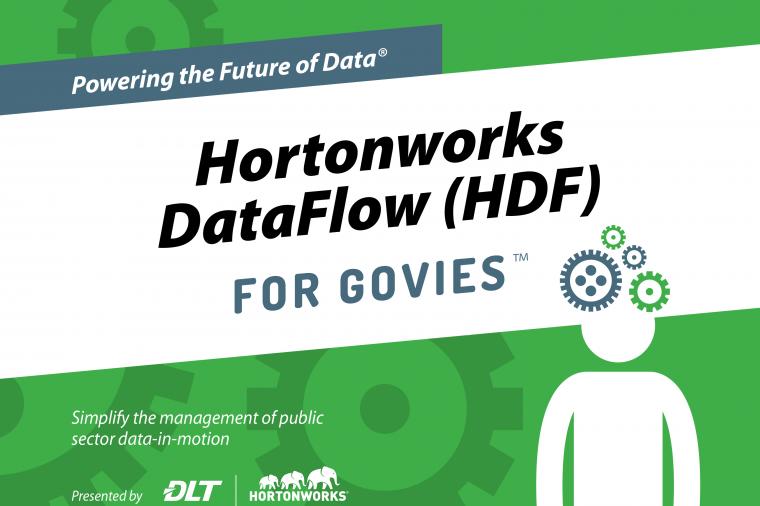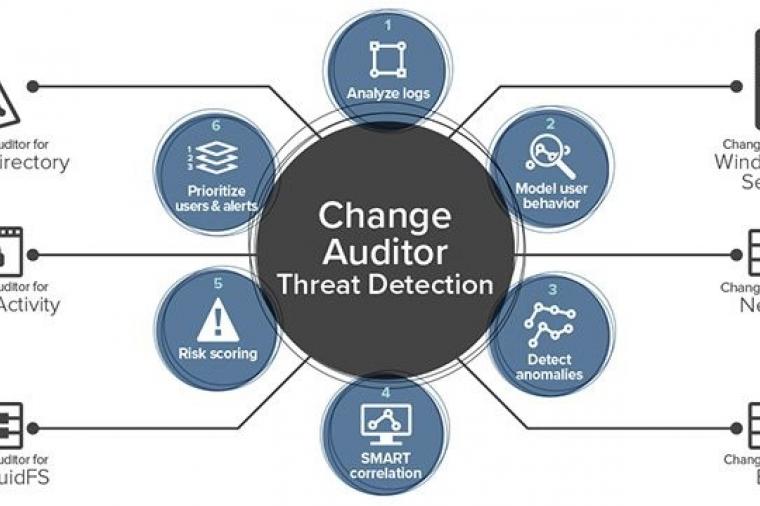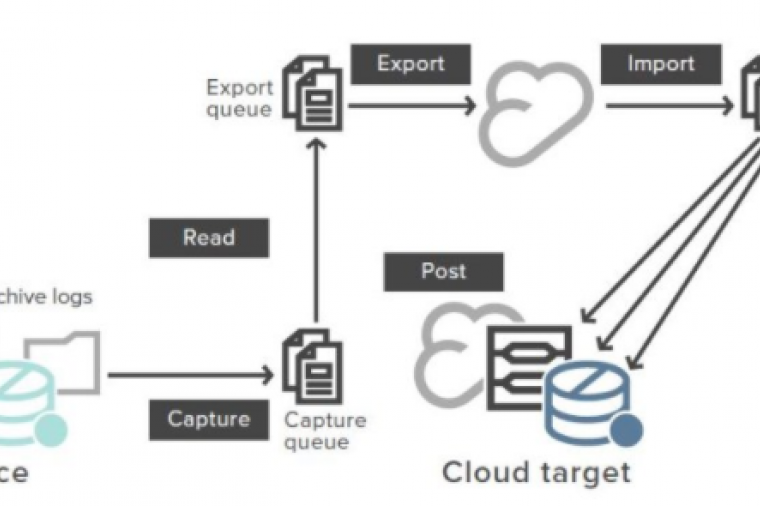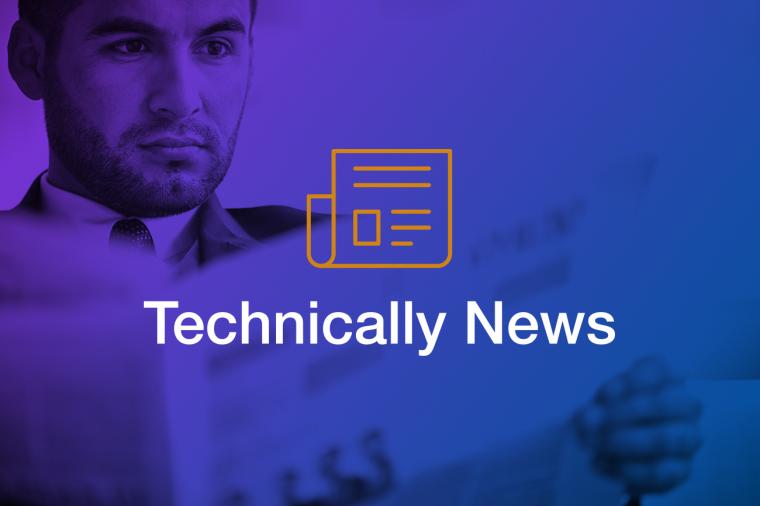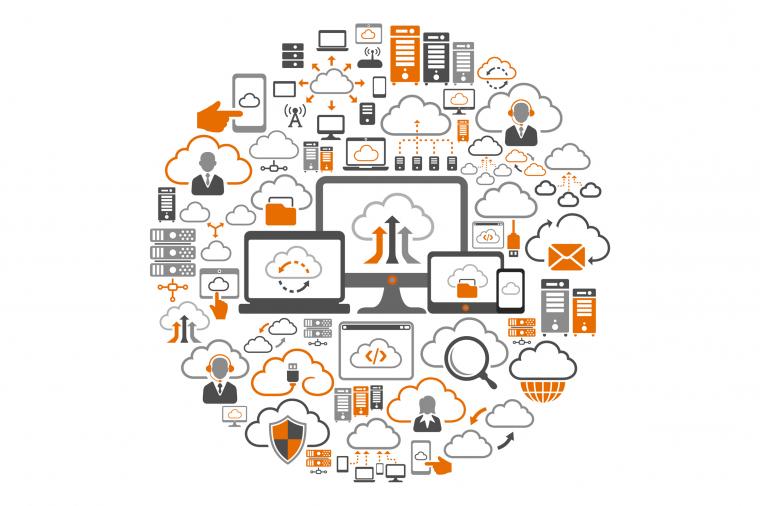4 Ways Government Agencies Can Overcome Big Data Privacy Concerns
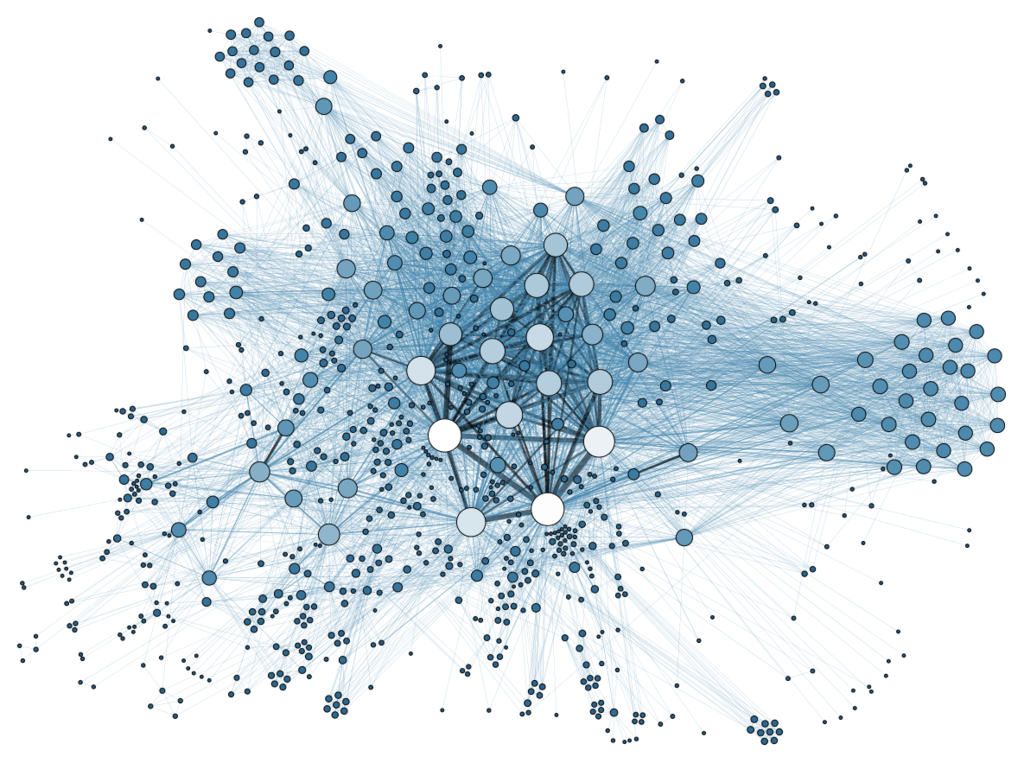
Driven by potentially compelling outcomes, big government data is growing. A 2013 study of federal IT officials by the TechAmerica Foundation, for example, found that big data delivers many benefits, including:
- Budget cuts and tax savings: Real-time analytics can help the government cut at least 10% annually from the federal budget, or about $1,200 per American, for example by detecting improper healthcare payments before they occur.
- Saving lives: 97% of federal IT officials and 75% of state IT officials believe that big data solutions will save a significant number of lives each year. For example, medical researchers can aggregate information about healthcare outcomes to reveal patterns that lead to more effective treatments and detection of outbreaks.
- Reducing crime: 75% of state IT officials see the practical benefits of big data in medicine and public safety. Police departments are currently using big data technology to develop predictive models about when and where crimes are likely to occur.
- Enhanced quality of life: Real-time big data is helping the government improve the quality of citizens’ lives. For example, by gaining insight into huge volumes of data across agencies, the government can provide improved, personalized services to citizens.
Data Privacy is Still a Big Concern
But the barriers to adoption would appear significant, most notably privacy concerns. TechAmerica’s survey found that 47% of federal IT officials fear a perceived “Big Brother” culture while a 2014 White House working group review – Big Data and Privacy – expressed serious concerns about how data can be protected.
For example, big data tools can potentially expose intimate personal details. By merging powerful data sets from different sources, complex patterns can be revealed, but the practice (aka “data fusion”) can also lead to a “mosaic effect” where personal data is no longer distinct from anonymized data.
Best Practices for Managing Big Data Privacy Concerns
While the new Congress plans to begin an in-depth review of privacy, security and data issues, agencies can already employ a number of best practices for getting the most out of big data without sacrificing the privacy of personal data. Check out these recommendations: Managing big data privacy concerns: Tactics for proactive enterprises from TechTarget’s, Lynn Goodendorf. Goodendorf’s step-by-step approach recommends the following:
- Become highly competent in procuring and managing cloud services. The processing power and infrastructure of the cloud is an essential part of any big data initiative but the responsibilities between the cloud provider and user for data privacy controls must be well delineated. Ongoing monitoring, audits and data integrity metrics are also essential.
- Make better use of converged data with converged storage. Not only is it more efficient, it will reduce errors that can compromise data quality or accuracy, says Goodendorf.
- Properly sanitize data. This will help any privacy issues at the root.
- Be transparent and open. Encourage and invite a process for consumers to access, review and correct information that has been collected about them, much like credit reporting agencies do.
Other Resources
- Data Masking Solutions from Informatica – Block or mask sensitive or confidential information from unauthorized access to production or near-production databases.
- DLT Cloud Navigator – The public sector’s answer to a simplified path to the cloud
- Data Privacy Best Practices Webinar: Stopping Data Leakage Before it Happens – On-Demand Webinar
By Calvinius [CC BY-SA 3.0 (http://creativecommons.org/licenses/by-sa/3.0)], via Wikimedia Commons

